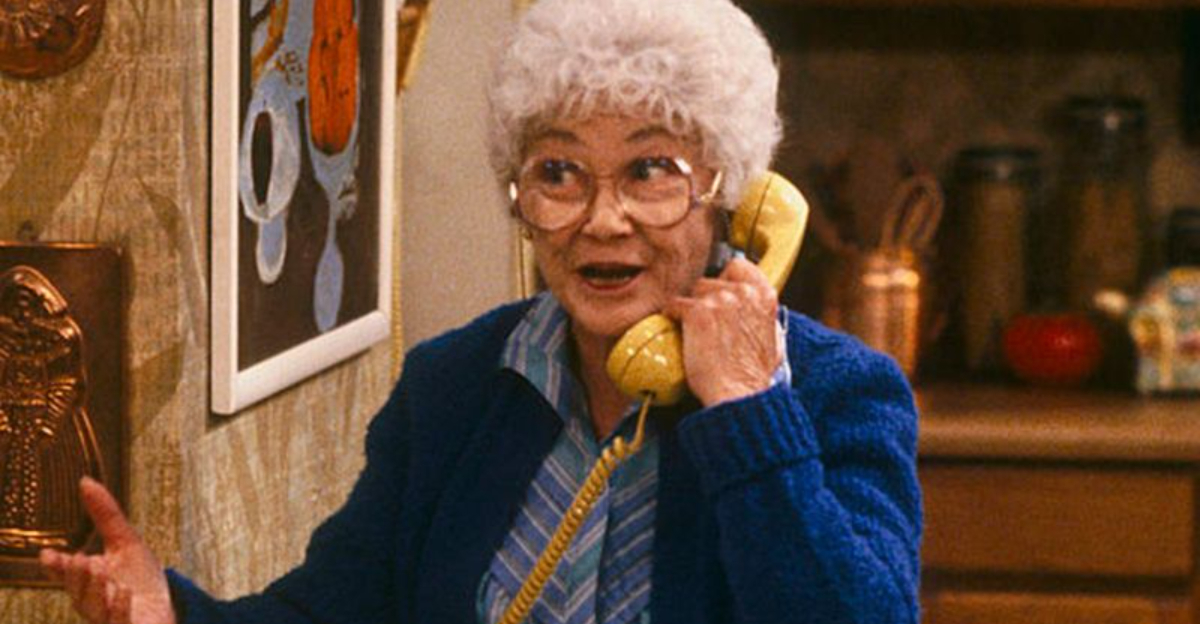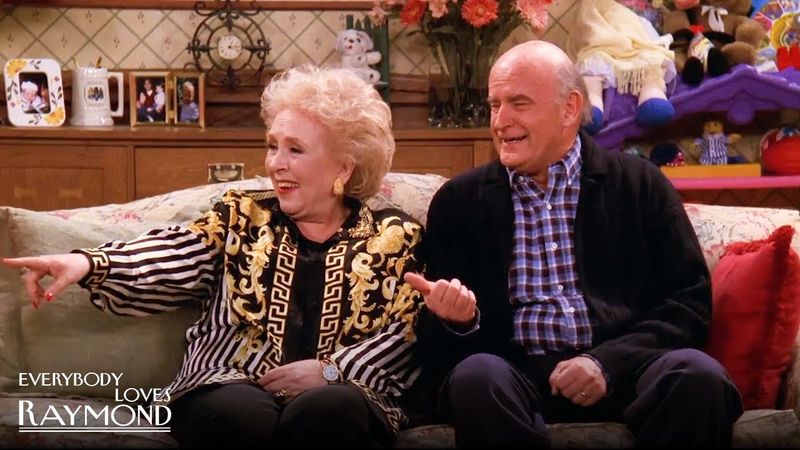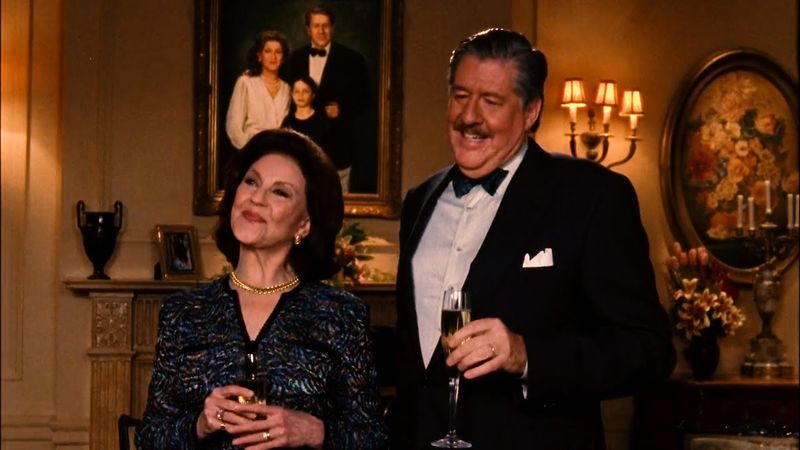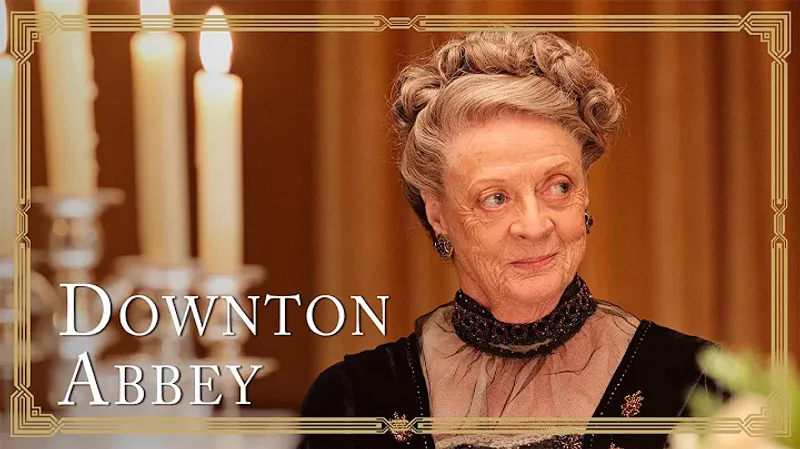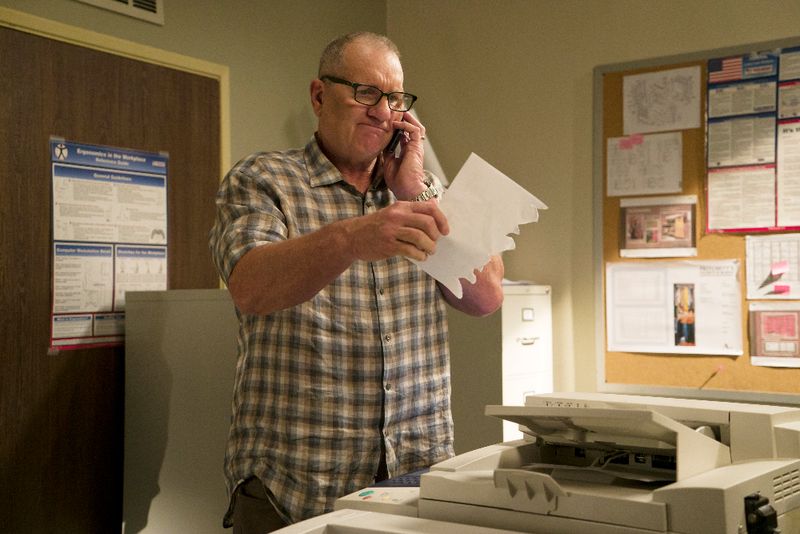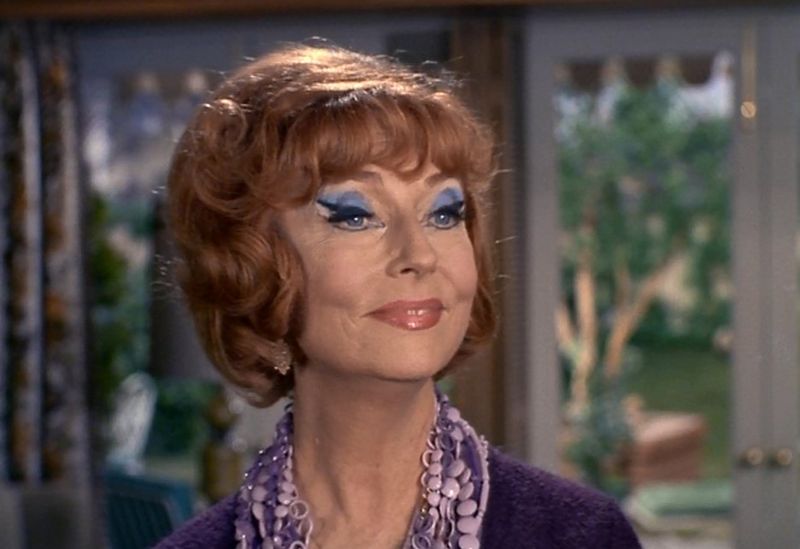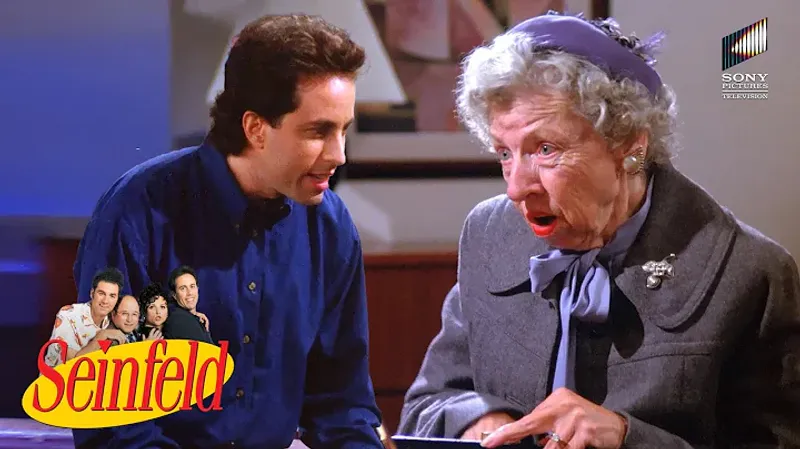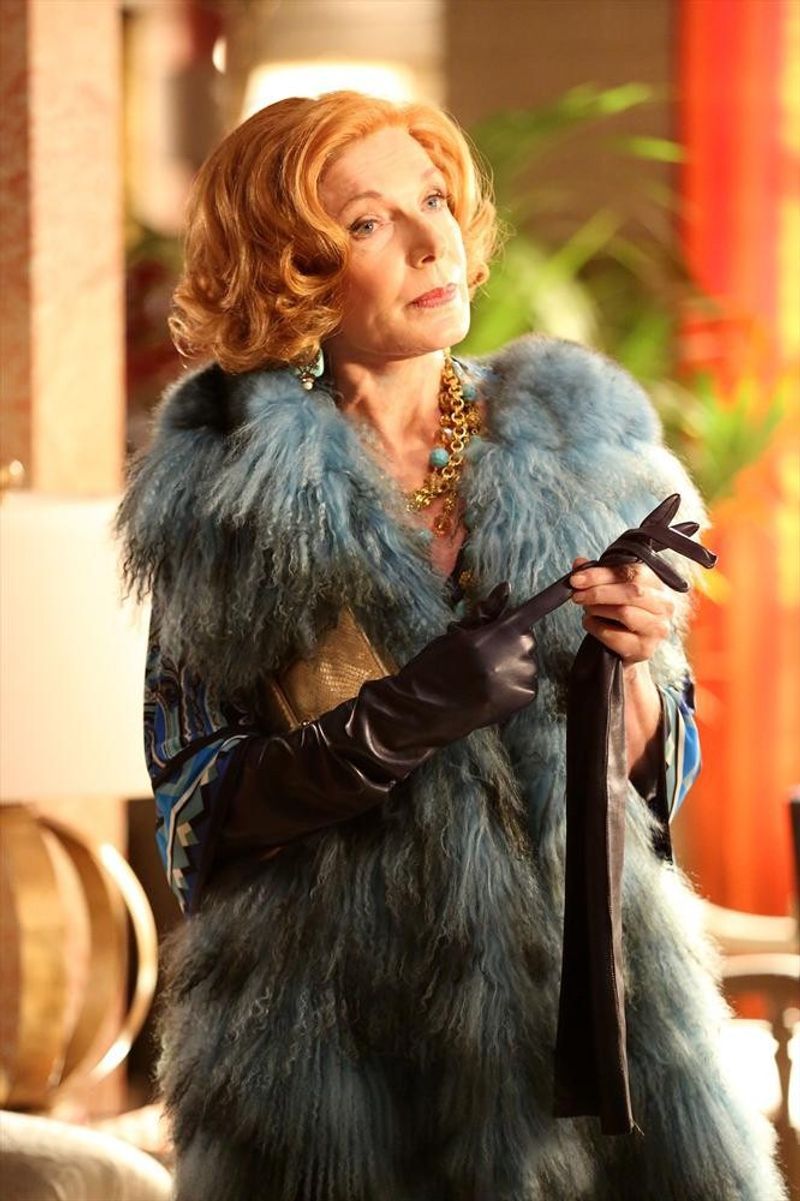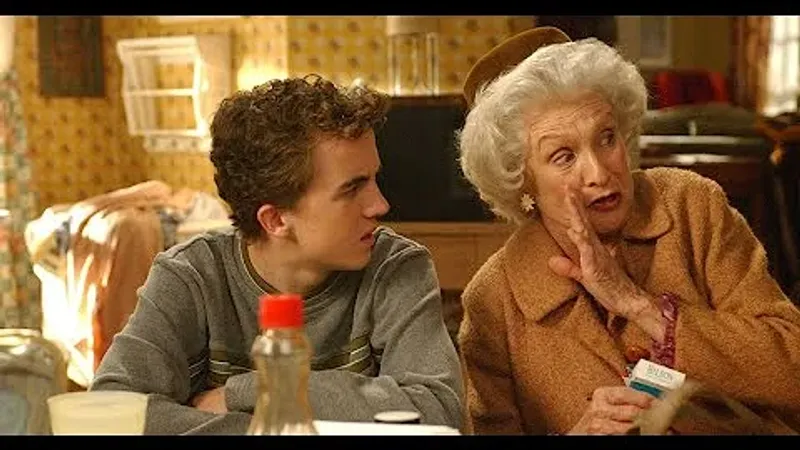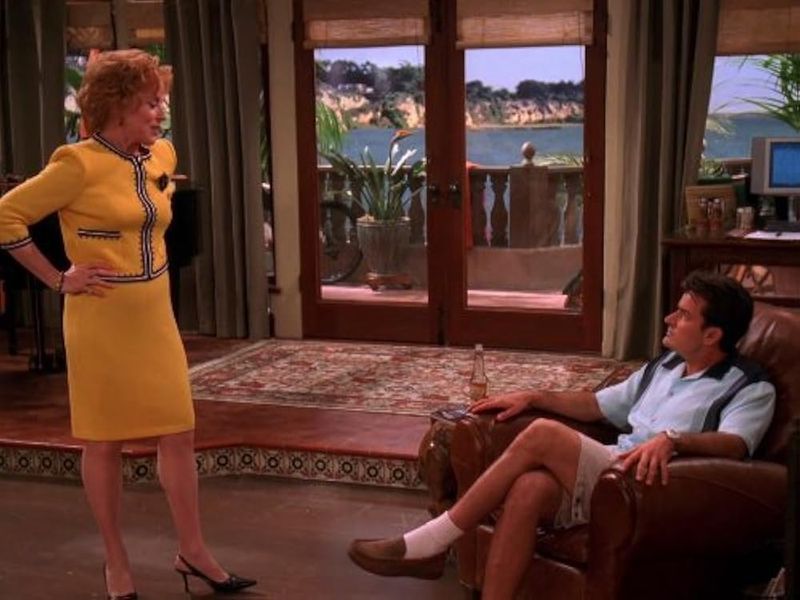Television has given us countless memorable characters over the years, but some of the most beloved have been the grandparents who made us laugh, cry, and feel right at home. These older characters brought wisdom, humor, and sometimes a little chaos to our favorite shows. From meddling matriarchs to lovable grumps, TV grandparents have captured our hearts and reminded us why family matters most.
1. Frank and Marie Barone (“Everybody Loves Raymond”)
Living across the street meant Frank and Marie could drop by anytime, usually without knocking. Their constant presence in Ray and Debra’s life created endless comedy gold as Marie criticized everything from Debra’s cooking to her housekeeping skills.
Frank, the gruff former businessman, spent most of his time reading the newspaper and avoiding Marie’s nagging. His blunt comments and old-fashioned attitudes clashed hilariously with modern family life. Together, they represented the kind of in-laws that made viewers grateful for their own relatives.
Despite their meddling ways, Frank and Marie genuinely loved their family. Their quirks and constant bickering felt real and relatable, making them unforgettable characters who perfectly captured the complicated nature of extended family relationships.
2. Richard and Emily Gilmore (“Gilmore Girls”)
Wealth and social status defined everything about Richard and Emily, who hosted Friday night dinners that came with strings attached. Their financial support for Rory’s education at Chilton created a weekly obligation that drove much of the show’s drama and humor.
Emily’s sharp tongue and obsession with propriety clashed constantly with Lorelai’s independent spirit. Richard, the successful insurance executive, showed a softer side with his granddaughter Rory, encouraging her dreams and sharing his love of books. Their complex relationship with Lorelai revealed deep hurt beneath the formal exterior.
What made them special was their evolution throughout the series. They learned to accept Lorelai’s choices while maintaining their own values, proving that family bonds can survive even the deepest differences.
3. Violet Crawley (“Downton Abbey”)
Sharp wit and devastating one-liners made the Dowager Countess a scene-stealer in every episode. Violet never missed an opportunity to deliver a perfectly timed insult wrapped in aristocratic politeness, leaving her targets speechless and viewers in stitches.
Behind the caustic remarks lived a grandmother who fiercely protected her family and their ancestral home. She battled against changing times while secretly understanding that the old ways couldn’t last forever. Her relationship with granddaughter Mary showed genuine affection beneath the tough exterior.
Violet represented a dying era with grace and humor. Her struggles to understand modern concepts like weekends created comedy, while her wisdom during family crises revealed true depth and compassion that transcended her snobbish facade.
4. Jay Pritchett (“Modern Family”)
Gruff on the outside but marshmallow soft inside, Jay struggled to express emotions while clearly adoring his grandchildren. His old-school masculinity clashed hilariously with his son Mitchell’s lifestyle and his stepson Manny’s sensitive nature, creating countless awkward but heartwarming moments.
Running a successful closet company gave Jay the resources to spoil his grandkids, though he pretended not to care too much. He attended school plays, gave business advice, and slowly learned to accept his blended family’s modern dynamics. His relationship with Gloria brought unexpected second chances at fatherhood and eventually more grandchildren.
Jay’s journey from emotionally distant patriarch to involved grandfather made him relatable. He represented many real grandfathers learning to navigate changing family structures while holding onto their core values.
5. Endora (“Bewitched”)
Materializing in a puff of smoke, Endora brought chaos and magic wherever she appeared. This powerful witch never approved of her daughter Samantha’s marriage to mortal Darrin, whom she delighted in tormenting with spells and insults, rarely bothering to remember his actual name.
Her fabulous wardrobe and theatrical entrances made every appearance an event. Endora represented the mother-in-law from another dimension, literally, with powers to back up her disapproval. Yet beneath the mischief, she genuinely loved Samantha and her grandchildren, even if she wished they’d embrace their magical heritage more fully.
Endora’s glamour and wit made her unforgettable. She showed that even supernatural beings struggle with accepting their children’s choices, making her surprisingly human despite her otherworldly powers.
6. Nana (“Seinfeld”)
Jerry’s grandmother might not have appeared in many episodes, but she made an impression with her old-world sensibility and suspicious nature. Her distrust of banks led to the memorable storyline where she kept money hidden, creating typical Seinfeld chaos when Jerry tried to help manage her finances.
Nana represented a generation shaped by the Great Depression, holding onto cash and old habits that baffled her modern grandson. Her stubborn independence and refusal to change her ways provided both comedy and a touch of reality about aging relatives. The cultural gap between her immigrant background and Jerry’s comedy career highlighted generational differences.
Though a minor character, Nana added depth to Jerry’s family dynamics and grounded the show’s absurdist humor in real family relationships.
7. Martha Rodgers (“Castle”)
Broadway dreams never died for Martha, who brought theatrical flair to every scene as Castle’s dramatic mother. Living in her son’s loft, she offered unsolicited advice, quoted Shakespeare at inappropriate moments, and treated everyday life like a stage performance that demanded her full commitment.
Her relationship with granddaughter Alexis showed Martha’s nurturing side beneath the diva exterior. She encouraged Alexis’s independence and creativity while providing wisdom gained from years in show business. Martha’s past relationships and comeback attempts added humor and heart to the detective series.
What made Martha special was her refusal to fade into the background. She lived vibrantly, pursuing passion over practicality, showing that grandmothers could be glamorous, ambitious, and absolutely fabulous at any age.
8. Grampa Simpson (“The Simpsons”)
Rambling stories that went nowhere became Grampa Simpson’s trademark as he confused, bored, and occasionally enlightened his family. Living at the Springfield Retirement Castle, he alternated between feeling forgotten and unexpectedly inserting himself into family adventures with unpredictable results.
His relationship with Homer mirrored Homer’s relationship with Bart, showing how family patterns repeat across generations. Grampa’s tall tales about his past, whether true or imagined, provided both comedy and surprising emotional moments. Despite Homer’s neglect, Grampa clearly loved his family, especially his grandchildren.
As one of animation’s longest-running characters, Grampa represented every forgotten senior citizen while also celebrating the resilience and humor that comes with age. His absurdity made him unforgettable across decades of television.
9. Ida Kenzel-Welker (“Malcolm in the Middle”)
Fear followed Ida wherever she went, as Lois’s mother terrorized the entire family with her meanness and manipulation. Unlike warm TV grandmothers who baked cookies, Ida criticized everything, played favorites shamelessly, and seemed to enjoy making everyone miserable during her visits to the chaotic household.
Her cruel treatment of Lois explained much about why Lois parented so intensely. Watching their interactions revealed generational trauma wrapped in dark comedy. The boys learned quickly to stay out of Ida’s way, though she occasionally showed unexpected cunning that helped the family in twisted ways.
Ida proved that not all TV grandparents are lovable, offering a brutally honest portrayal of difficult family relationships. Her character acknowledged that some relatives are simply hard to love, adding realism to the show’s chaotic family dynamics.
10. Evelyn Harper (“Two and a Half Men”)
Cocktails before noon and cutting remarks defined Evelyn, whose cold parenting style explained everything about her sons Charlie and Alan. This real estate mogul valued money and status above emotional connections, treating her grandson Jake with the same detached amusement she showed everyone else in her life.
Her multiple marriages and romantic adventures scandalized her sons while providing endless comedy. Evelyn’s refusal to act like a traditional grandmother, preferring martinis to milk and cookies, made her refreshingly unconventional. She manipulated situations to her advantage while occasionally revealing glimpses of genuine concern buried deep beneath her icy exterior.
Evelyn represented the selfish parent who never quite grows into the nurturing grandparent role, offering sharp social commentary wrapped in designer clothes and devastating one-liners that left her family reeling.
